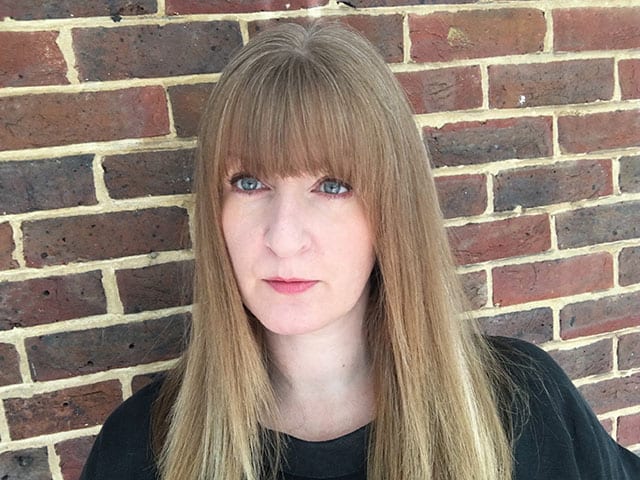
Is it me or is there a proliferation of articles on growth mindset at the moment? Far from being new, it is certainly having something of a renaissance – from Carol Dweck revisiting her 2006 work to years’ old releases of Harvard Business Review (HBR) articles and features in women’s magazines. But why now?
Arguably, this resurgence has been spurred by the rapid pace of change in almost every walk of life over the past 18 months. Like it or not, almost all of us have had to learn something new on the hoof – like it or not being the key differentiator of whether we possess a growth or fixed mindset.
‘In a time of drastic change, it is the learners who inherit the future. The learned usually find themselves equipped to live in a world that no longer exists.’ – Eric Hoffer
Hoffer’s ‘learners’ have a growth mindset: people who collect experiences and learnings and blend them with existing knowledge to adapt to new challenges. His ‘learned’ represent the fixed minded, who believe that abilities and talents are set in stone and that there are limited opportunities for change or grow.
Developing a growth mindset
In her 2006 book, Mindset: The new psychology of success, Dweck explores the impact of a growth mindset in children and the effect it has on their ability to overcome academic hurdles, when compared to children with a fixed mindset. Dweck explains that it is not just abilities and talent that bring success but open-mindedness: a concept that is as relevant to adults, if not more so.
A growth mindset, where intelligence can be developed, leads to a desire and openness to learn and a tendency to:
* Embrace challenges
* Persist in the face of setbacks
* See effort as a route to mastery
* Learn from criticism
* Be inspired by the success of others.
The ability to see failure as an opportunity to learn and a springboard to achieving better outcomes is a key component of a growth mindset.
Learning to accept failure is quite an ask – one where our ego has a lot to say for itself, and none of it sensible. Ultimately, by being led by our ego, we are stifling our ability to shine and excel – the very things that feed our ego and are the epitome of a growth mindset.
Its nemesis is confirmation bias – the ‘art’ of favouring information that conforms to our existing beliefs and discounts evidence to the contrary – which is, by definition, the enemy of open-mindedness, imagination and the ability to accept failure and learn from it.
In the heat of the moment, when we need to make instant decisions, and/or take in information quickly, confirmation bias appears as a beacon of hope, enabling the brain to take a mental shortcut that, while accurate, may skew our thinking, causing us to make poor decisions based on our own limitations.
Food for thought
Having a growth mindset enables us to develop skills that increase the likelihood of being able to overcome hurdles – professional or personal. Previous generations would probably have simply referred to this as resourcefulness. Either way, it is a celebration of our ability to work together, combining open-mindedness and imagination to find a solution.
According to Lisa Everton, author of Growth Mindset – Why is it important for your organisation (2018), employees in a growth mindset organisation are:
* 47% more likely to say that their colleagues are trustworthy
* 34% more likely to feel a strong sense of ownership and commitment to the organisation
* 49% more likely to say that the organisation fosters innovation.
This persistent pursuit of solutions and an organisational framework built on trust, ownership and innovation encourages us to be more creative in our thinking: if we can’t go through it, can we go around it, under it or build a bridge over it?
It’s not about perfection – history tells us the pursuit of this has never ended well. It’s about getting better every day – small steps that result in big changes. Just as we can be an innovator in one setting but happily hang out with the early majority in others, in some areas we need to practice being growth minded, while in others it will come naturally.
Dweck’s theory that what really matters is people’s belief that they can succeed might not be everyone’s cup of tea, but at a time when we’re all grabbing positivity where we can get it, surely it’s better than the alternative?
Clare Bates is Content Director at Page & Page and Partners





